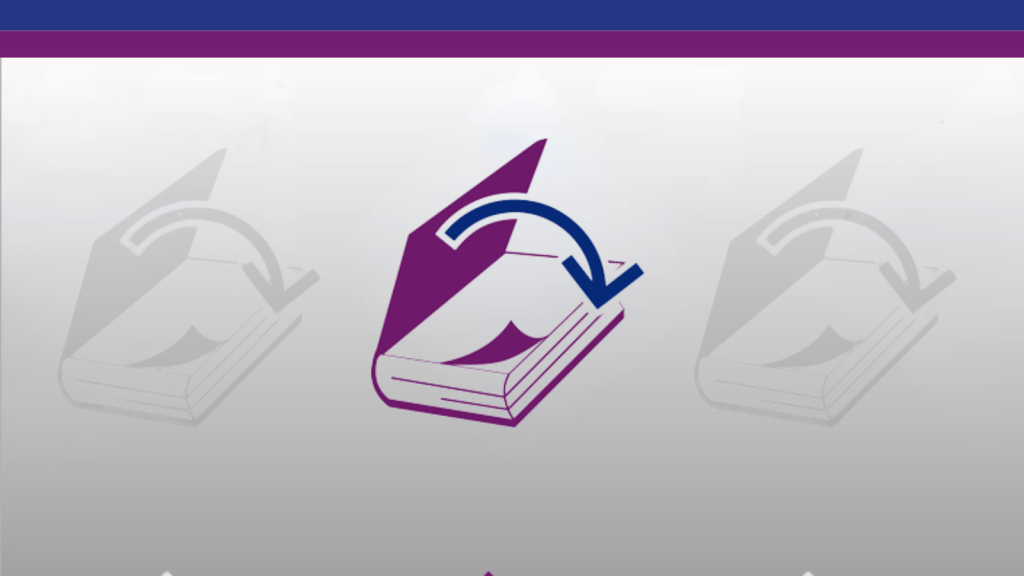Wrapping up ENI CBC
The deadline for implementation of ENI CBC projects at the end of this year is quickly approaching, and this also prompts the fifteen cooperation programmes to enter the closure mode. After receipt and approval of the final project reports, balance payments, and – as the case might be – recovering unduly paid amounts, managing authorities and secretariats of the programmes will do their exercise to reap the benefits and to close the programmes.
They will prepare their accounts for the final checks and calculate the final balance of the programme, archive and store all documentation for the further possible checks. On their own, and with the help of external evaluators, programmes will also cast a look at what has been done and evaluate the achievement of the objectives and indicators, reflect on the work done during the past seven years and draw lessons for the future. While this process looks straightforward when drawn in a flow chart, the reality often comes with its own turns and twists.
Support to project beneficiaries
Closure doesn’t mean forgetting, it means understanding and accepting what happened. Taking a critical look at the end of the project is essential, and even if the beneficiaries have experience with management and implementation, wrapping up a project requires additional efforts compared to the regular progress review. Reporting on indicator achievements, justification of changes and final calculations need to be done looking back at the entire period. This process requires additional information and capacities from the beneficiaries, and programme bodies need to satisfy this need with capacity raising activities dedicated to project finalization.
In this respect, video tutorials and written guidance available on TESIM platform “Go for ENI CBC!” can come handy – both, when supporting the beneficiaries in preparing for winding up their activities, as well as for drafting final project reports and getting ready for controls.
Planning is the key
The reflection on closure of 2007-2013 programmes, highlights the intricate and time-consuming nature of this process. Thus, meticulous planning becomes crucial to manage all parallel activities within the stipulated timeframe.
The first planning exercise – carried out in a form of a survey before the most recent Coordination and consultation group meeting – showed that planning is indeed at the forefront of activities. Programmes plan to receive final project reports in the first two quarters of 2024. Subsequent checks and approvals, as well as the balance payments to projects are expected to continue until the end of summer. Following this, the attention will shift to programme closure, involving closing the accounts, drafting the final programme report, and submitting it to the European Commission in February 2025.
Team motivation and engagement
This projected plan emphasizes the intense workload expected ahead for the managing authorities and secretariats. Notably, it will coincide with the calls for proposals, selecting and contracting projects across seven Interreg NEXT programmes. In their turn, programmes facing disruption and not having their successors, face different challenges, with the staff departures threatening smooth programme closure process.
As the ENI CBC programmes navigate this critical phase, ensuring the availability of sufficient human resources is a pivotal factor in ensuring a steady progress, enabling them to wrap up and to move smoothly into the next chapter of their journey.
Guiding the process: the new guidelines available
One of the criticisms expressed by the Managing Authorities concerning the closure of ENPI CBC programmes was the late availability of the guidance. Things seem to have substantially improved in ENI CBC, with the closure guidelines approved yesterday and today published in the Official Journal of the European Union. They will provide the legal certainty and clear interpretation of the applicable rules for the programmes to follow during the process.
Accepting to let it go
Three elements — acceptance, resolution, and release — work together to facilitate a sense of finalization. Acceptance in this context means recognizing the programme accomplishments and acknowledging that the programme lifecycle is coming to an end. It also involves understanding any unmet results due to the external circumstances that affected programmes, like COVID pandemics and the Russian aggression in Ukraine. Resolution refers to addressing any outstanding issues, tasks, or obligations associated with the programme. This involves completing pending activities, settling financial accounts, finalizing, and archiving documentation, and ensuring that all loose ends are tied up.
At the same time, programme teams and stakeholders need a “release” phase: after having invested significant time, effort, and emotions into the programme success, they need space to acknowledge and process their own attitude towards the winding up their programmes. It might involve celebrating achievements, expressing gratitude, and endorsing the challenges faced. After all, closure is not about having all the answers. It’s about accepting the reality and moving forward.
